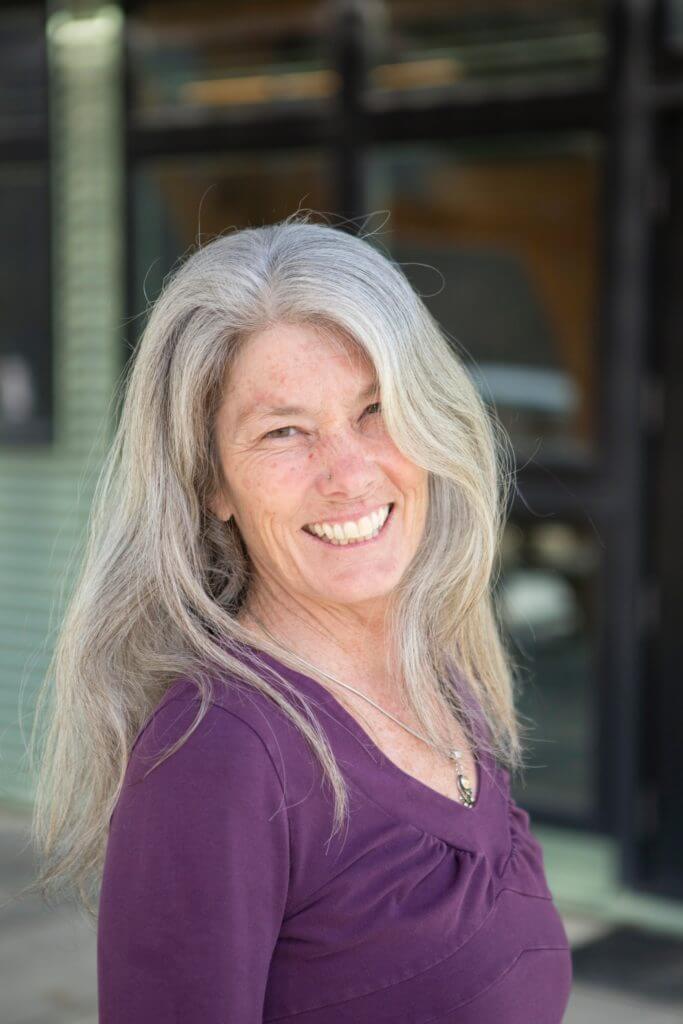Past, present, future

Memories. How do we catalog them, hold on to them, use them? Last week, I found myself wishing I had taken my 10th grade English teacher’s advice and kept a journal every day, jotting down moments that seemed as though they’d be forever embedded in my brain. Of course, we lose those moments, and now, in my mid-50s, I can look at photographs and think, “Wow, I don’t remember that.” Things have happened in my life that I wish I had access to, not necessarily the events themselves but the feelings I had when they occurred. But if I did have access to those moments, journaled and saved in dusty notebooks, what would I actually do with them?
The digital age has changed the necessity to preserve our moments through memory. Every selfie, every tweet, every post is forever preserved in mega data centers. But where is the value, for the average person, in keeping all this stuff? Our thoughts, comments, everyday tidbits no longer fade away into the past—there’s a record out there somewhere of that quinoa salad I had for lunch that I just had to show my friends, my grandson’s ice cream-covered face, my daughter’s new rescue dog.
I’m realizing that our ability to store or save memories doesn’t increase their meaning or value. There are wonderful things that happen each day, small and insignificant but special; large and momentous but sad; all sorts of emotions tied into the elements of our daily lives. When I think about what I would want from a chronicle of all my life’s quilt squares, I am not sure what purpose it would serve. Memories tie us to our past, keep us connected to things that went before. They can motivate and inspire us, but do they need to be dead accurate to do so?
Ultimately, what’s more important—our lives as they actually happened or our memory of them? The memories that sustain aren’t always the ones we want, and our ability to retain events as they actually occurred is proven to be easily manipulated. The past is fluid. Granted, relying on memory alone can get us into trouble—many a marital spat has arisen from the different ways a couple remembers the same incident. My husband and I have reached an age now when we accept that both of our memories are suspect, so we shrug our shoulders and move on.
Our lives are ultimately made up of just two things: the past and the future, the present being so fleeting by its very nature that it hardly exists at all. As I ponder the idea of having the past in my hand, easily accessible, would I really want it—and would having the past motivate and inspire my future? I think that looking back on things that are saved in my brain, however dubious, is enough. What inspires me is the here and now, the thought of the future, the excitement and drudgery to come.
It’s an amazing, beautiful, perfect day—I am looking forward to what it brings.
